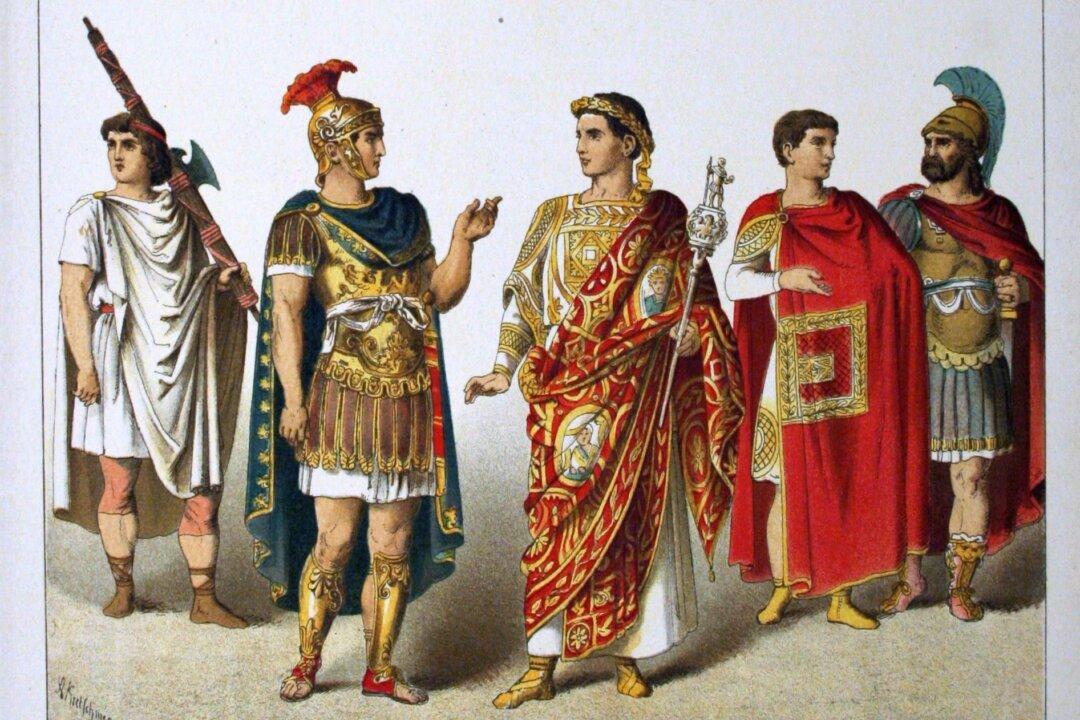Commentary
We seem to be going back to basics. Generations have gone by when no one felt the obligation to think much about the concept of citizenship in the United States. Intellectual friends of mine are utterly confused by the topic, with no idea where the idea comes from or why it should matter at all. And yet here we are: No topic is as important in determining the future of this country or the world.





